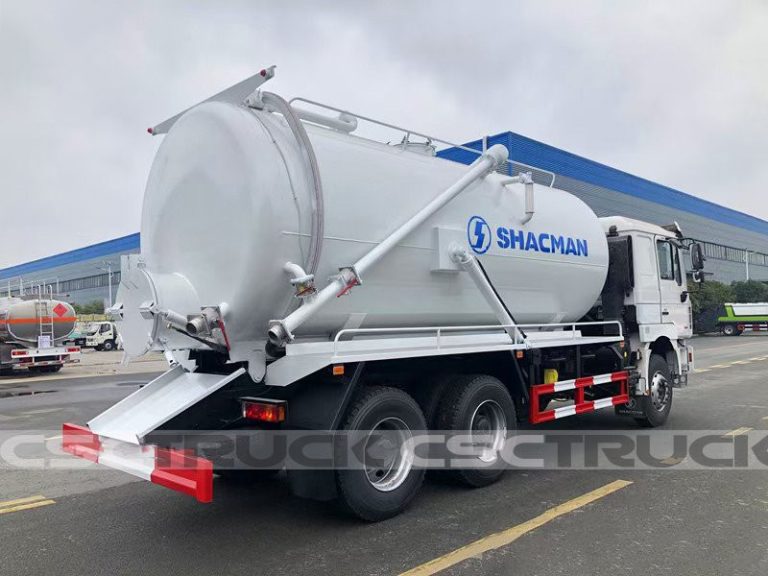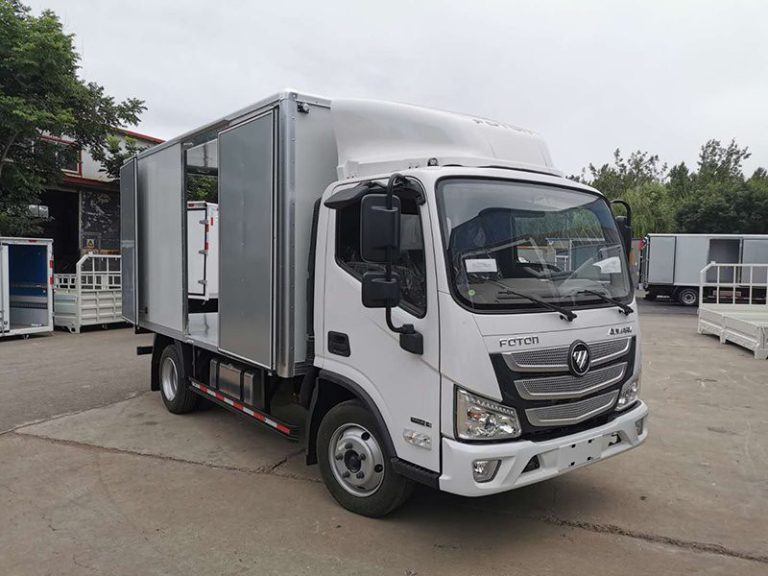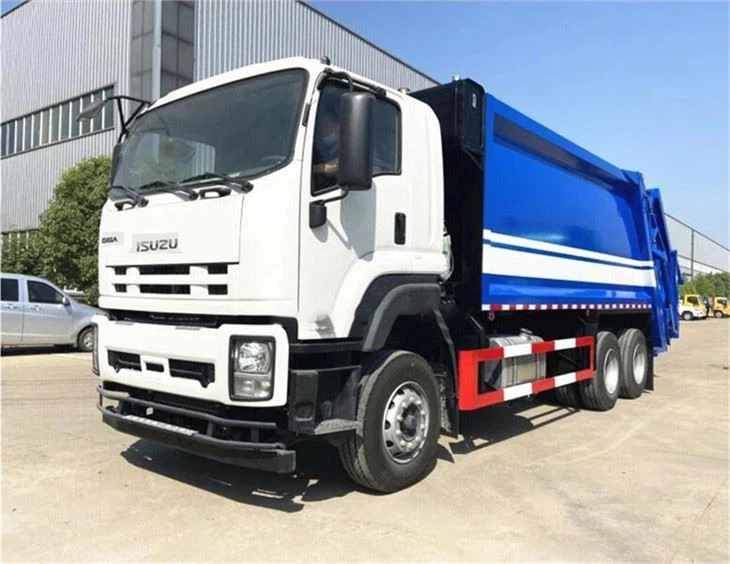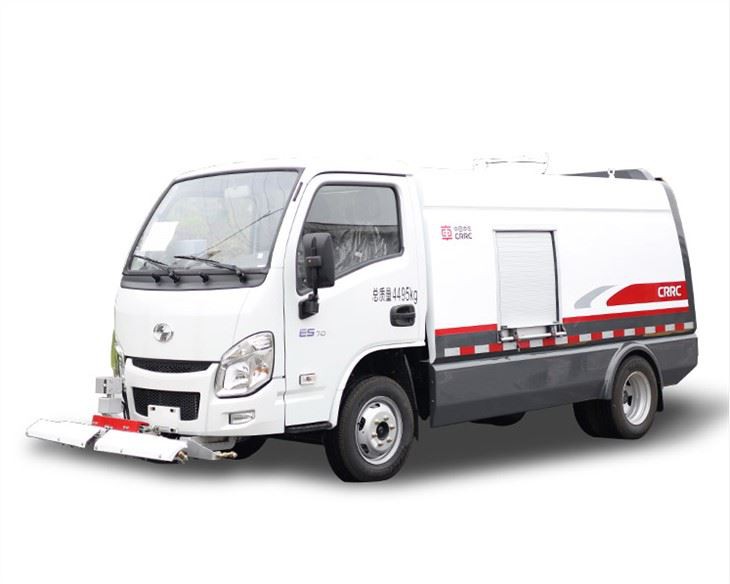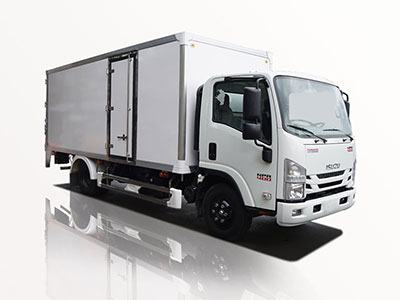Kenworth trucks are a staple in the trucking industry, known for their durability, performance, and innovation. For businesses looking to expand their fleet without the upfront costs of purchasing a truck, leasing is an attractive option. This comprehensive guide will delve into everything you need to know about Kenworth truck leasing, including its benefits, types of leases available, and practical examples that will help you make an informed decision.
Understanding Kenworth Trucks
History and Reputation
Founded in 1923, Kenworth has built a strong reputation for producing high-quality trucks. With a focus on technology and driver comfort, Kenworth trucks are designed to meet the demanding needs of the transportation industry. Their extensive range includes everything from heavy-duty trucks to medium-duty models suitable for various applications.
Why Choose Kenworth Trucks?
- Reliability: Kenworth trucks are renowned for their longevity and low maintenance costs.
- Performance: Engine options are powerful, with excellent fuel efficiency to help reduce operational costs.
- Comfort: Designed for driver comfort, these trucks can reduce driver fatigue during long hauls.
- Technology: Cutting-edge technology features enhance safety and efficiency.
What is Truck Leasing?
Definition of Truck Leasing
Truck leasing involves renting a truck for a specified period, typically ranging from one to five years, in exchange for monthly payments. Leasing allows businesses to utilize trucks without the complexities and costs associated with ownership.
Types of Truck Leases
- Closed-End Lease: Often referred to as a “walk-away lease,” this type of lease allows you to return the truck at the end of the lease term without any additional payments, provided you meet the mileage limits and maintain the vehicle.
- Open-End Lease: This lease type requires the lessee to cover any difference between the truck’s residual value and its sale price at the end of the lease term. Suitable for businesses looking to purchase the truck down the line.
The Benefits of Leasing Kenworth Trucks
No Significant Upfront Investment
One of the primary advantages of truck leasing is the lower initial investment compared to outright purchase. This allows businesses to allocate capital to other essential areas like operations and logistics.
Access to the Latest Models
Leasing provides businesses with the opportunity to drive the latest models that come with advanced features and enhanced fuel efficiency. Regular truck upgrades can boost overall operational performance.
Lower Maintenance Responsibilities
Most leasing agreements include warranties and maintenance packages, meaning less hassle for lessees. This can result in lower operational costs and better cash flow management.
Tax Benefits
Leasing payments can often be deducted as business expenses, potentially leading to tax savings. Consulting with a tax specialist can provide insights into how leasing can positively affect your tax situation.
Flexible Terms
Leasing offers different payment plan options, allowing businesses to choose terms that align with cash flow preferences. This flexibility can help companies adapt to market fluctuations.
How to Lease a Kenworth Truck
Evaluate Your Needs
Before entering a leasing agreement, assess your trucking needs carefully. Consider factors such as the type of cargo, routes, and the number of trucks required. Doing this will help you choose the right Kenworth model.
Research Leasing Companies
Look for reputable leasing companies with strong industry backgrounds. Consider their customer service, leasing options, and experience with Kenworth trucks specifically.
Review Lease Terms
Understand the fine print of any leasing agreement, including mileage limits, maintenance responsibilities, and end-of-lease options. It’s crucial to clarify any uncertainties before signing.
Negotiate the Deal
Don’t hesitate to negotiate the lease terms, including monthly payments and penalty fees, to get the best possible deal for your business.
Cost Considerations for Kenworth Truck Leasing
Monthly Payments
Monthly payments depend on several factors including the type of Kenworth truck, lease duration, and the terms agreed upon. Here’s a typical cost breakdown:
| Truck Model | Lease Term (Months) | Monthly Payment |
|---|---|---|
| Kenworth T680 | 36 | $1,500 |
| Kenworth T800 | 48 | $1,700 |
| Kenworth W990 | 60 | $2,000 |
Additional Fees
Be aware of any additional charges that may apply, such as security deposits, documentation fees, and insurance costs. Knowing these can help you better budget for your lease.
Maintaining a Leased Kenworth Truck
Regular Maintenance Checks
While leasing agreements often include maintenance, it’s vital to follow the recommended service schedules for your Kenworth truck to ensure it remains in optimal condition.
Tracking Mileage
Monitoring mileage is important to avoid penalties related to exceeding the maximum allowable limits outlined in your lease. Keep logs or use fleet management software to help track this effectively.
Handling Damages
Any damage beyond normal wear and tear may incur additional charges upon returning the vehicle. Ensure that you conduct regular inspections and address any issues promptly.
Real-Life Examples of Kenworth Truck Leasing
Example 1: Logistics Company Expansion
A small logistics company decided to lease five Kenworth T680 trucks to expand their delivery fleet. By leasing, they could meet immediate demand without hefty upfront costs. Thanks to the lower monthly payments, they were able to reinvest the savings into marketing and hiring new drivers.
Example 2: Owner-Operator Success
An owner-operator chose leasing over buying a Kenworth truck due to cash flow constraints. They opted for a three-year lease, allowing them to operate a brand-new truck with minimal maintenance costs, which increased their efficiency on the road and ultimately their earnings.
Challenges of Leasing Kenworth Trucks
Limited Customization Options
Leased trucks may come with standard models that lack specific features or customizations that some operators prefer, limiting how one can tailor the vehicle for specific needs.
Long-term Financial Commitment
While leasing reduces initial costs, over time, the total cost of leasing can exceed the price of purchasing a truck due to ongoing payments and potential excess mileage charges.
Obligation to Return the Vehicle
At the end of the lease, the lessee must return the truck, which can be a drawback for businesses looking for long-term asset accumulation.
Frequently Asked Questions (FAQs)
1. What is the average leasing term for a Kenworth truck?
Most leasing terms for Kenworth trucks range from 24 to 60 months, with 36 months being the most common duration.
2. Can I modify a leased Kenworth truck?
Modifying a leased truck is typically restricted. Always consult your leasing agreement and the leasing company before making any modifications.
3. What happens if I exceed the mileage limit?
Exceeding the mileage limit usually results in additional fees, which can add up quickly, so it’s essential to monitor your usage.
4. Is maintenance included in the lease?
Many leasing agreements include maintenance packages, but it’s essential to clarify what is covered to avoid unexpected expenses.
5. Can I purchase the truck at the end of the lease?
Depending on the lease type, you may have the option to purchase the truck at the end of the lease term for its residual value.
6. What are the tax implications of truck leasing?
Lease payments are often tax-deductible as business expenses, but it’s advisable to consult with a tax professional for specifics related to your circumstances.

